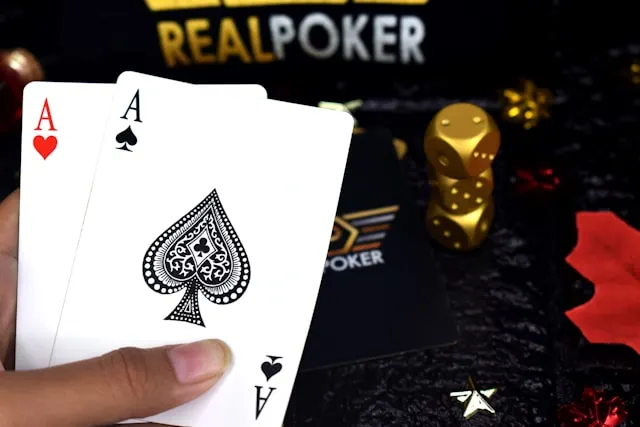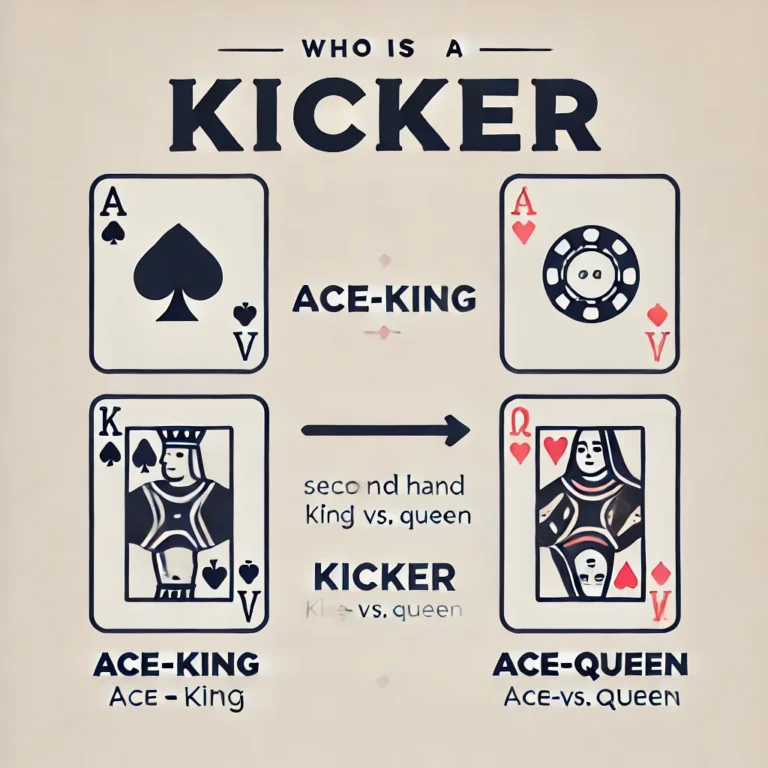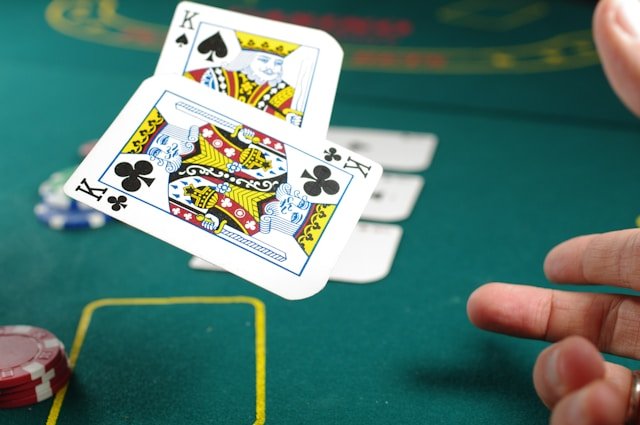In the world of poker, the term donk bet may sound peculiar, but its implications can be profound. A donk bet in poker occurs when a player, who was not the aggressor in the previous betting round, suddenly leads out with a bet on the subsequent street. This move typically catches opponents off guard, as it goes against the conventional flow of play where the aggressor from the previous round is expected to continue betting.
What is Donk Bet in Poker
In poker, a donk bet refers to a situation where a player who was not the aggressor in the previous betting round suddenly leads out with a bet on the subsequent street. This move isunconventional because it goes against the typical flow of play, where the aggressor from the previous round is expected to continue betting.
The term donk bet originated from its association with inexperienced or unorthodox players. Often derogatorily referred to as “donks” in the poker community. However, donk bets can be used strategically by skilled players to gain control of the pot, extract value from opponents, or disrupt their betting patterns.
The effectiveness of a donk bet depends on various factors. Such as including the texture of the board, the player’s image at the table, and their perceived range of hands. When facing a donk bet, opponents must carefully assess the situation and respond accordingly, taking into account their own hand strength and the likelihood of their opponent holding a strong hand.
How to Deal with a Donk Bet in Poker
Encountering a donk bet can be disorienting. But with a clear strategy in mind, players can effectively navigate this unexpected maneuver.

Assess the Situation
Before reacting hastily, take a moment to assess the circumstances. Consider factors such as the board texture, your opponent’s tendencies, and the context of the hand. Understanding why your opponent may have made this unorthodox move can provide valuable insights into their hand strength and intentions.
Reevaluate Your Hand
Reassess the strength of your own hand in light of the donk bet. While it may be tempting to dismiss your opponent’s move as a sign of weakness, proceed with caution. They may be attempting to assert control of the pot with a strong hand or a well-disguised draw.
Consider Your Options
When faced with a donk bet, you have several response options at your disposal:
- Call
If you believe your hand is strong enough to continue, calling the bet allows you to see the next card without committing additional chips to the pot.
- Raise
A raise can be used to apply pressure to your opponent and extract value from weaker hands. However, be mindful of the potential strength of their holdings and the risk of being re-raised.
- Fold
If your hand lacks sufficient strength or potential, folding may be the prudent choice. Avoid falling into the trap of chasing losses or making impulsive decisions out of frustration.
Adapt Your Strategy
In the aftermath of a donk bet, adjust your strategy accordingly. Take note of your opponent’s tendencies and incorporate this newfound information into your decision-making process moving forward. Remain flexible and open to adapting your approach as the dynamics of the hand continue to evolve.
While encountering a donk bet in poker may initially throw you off balance, approaching the situation with a composed and analytical mindset can turn this perceived weakness into an opportunity for strategic advantage. By carefully evaluating the circumstances and responding thoughtfully. You can effectively navigate the complexities of the hand and emerge victorious at the poker table.
Making a donk bet in poker can be a strategic move
-
Favorable Board Texture
A donk bet can be effective when the board texture favors your range of hands more than your opponent’s. For example, if the flop comes with coordinated low cards and you were the pre-flop caller, leading out with a bet can capitalize on your perceived advantage in having connected with the flop more frequently than your opponent.
-
Disruption of Opponent’s Range
If you believe that your opponent is likely to check behind with a wide range of hands on certain boards, making a donk bet can disrupt their strategy and prevent them from realizing their equity for free. This is particularly effective against opponents who tend to be passive or cautious post-flop.
-
Protection of Vulnerable Hands
When holding a vulnerable hand that may be easily outdrawn by drawing hands or overcards on later streets, a donk bet can serve as a proactive measure to protect your hand and charge opponents for drawing against you. This is especially relevant on draw-heavy boards where waiting for your opponent to bet might allow them to see additional cards cheaply.
-
Exploitative Play
Against opponents who tend to fold too frequently to continuation bets (c-bets), making a donk bet can exploit this tendency by applying immediate pressure and capitalizing on their reluctance to continue without a strong hand. Similarly, against opponents who frequently c-bet but fold to aggression on later streets, donk betting can disrupt their post-flop strategy and force them to make difficult decisions.
-
Image and Table Dynamics
Your image at the table and your opponent’s perception of your playing style can also influence the effectiveness of a donk bet. If you are playing passively or are perceived as a tight player, a donk bet can catch opponents off guard and induce them to make mistakes.
The decision to make a donk bet should be based on a combination of factors. Such as including board texture, opponent tendencies, hand strength, and table dynamics. It’s essential to assess each situation individually and consider the potential risks and rewards before incorporating donk betting into your strategy.











